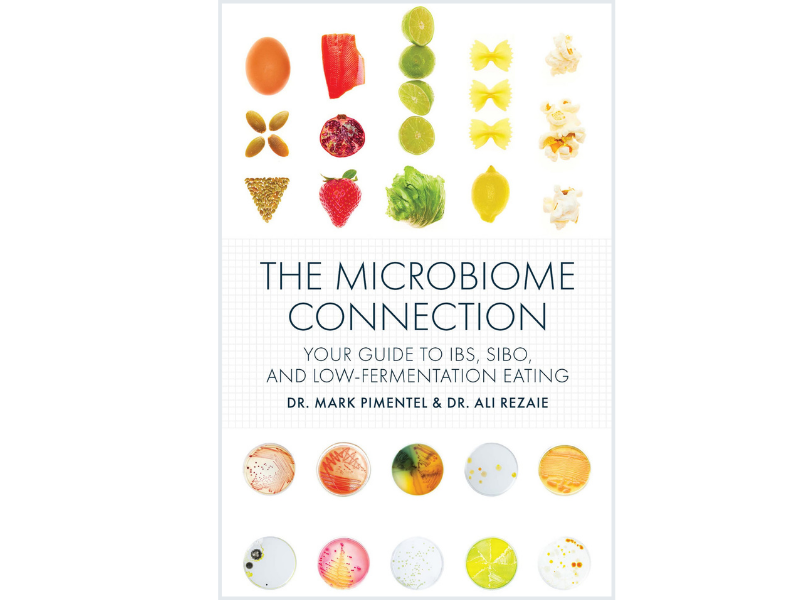
Americans are eating more highly and ultra processed foods than ever before. A whopping 61 percent of the American diet consists of moderately and highly processed foods, according to a study from the American Journal of Clinical Nutrition. As if that’s not bad enough, a study in the journal Nutrients revealed that among over 230,000 grocery store products tested, 71 percent were classified as ultra-processed.
While being processed doesn’t automatically make a food unhealthy – carrot sticks are actually processed because they’re peeled, cut and packaged — the further a food moves from its original state, the more processed and thus unhealthy, it becomes. “These foods tend to be devoid of nutrients and fiber and high in salt, unhealthy fats, added sugars and sweeteners, emulsifiers and thickeners and artificial colors and sweeteners,” says Robin Foroutan, M.S., R.D.N., integrative medicine dietitian in New York City and spokesperson for the Academy of Nutrition and Dietetics.
Nosh on too many of these highly processed foods and your health will suffer. While you may not see the effects until they show up as heart disease or cancer, your gut microbiome takes an immediate hit.
How processed foods mess with your gut
Your gut microbiome is made up of thousands of bacteria, viruses, fungi and other cells, all of which are competing for survival, and keeping them healthy requires diversity. “The different species keep check on each other,” says Erika Angle, Ph.D., CEO and co-founder of Ixcela, a company that focuses on gut health, in Bedford, Mass.
Yet when you’re eating a high amount of highly processed foods, the bacteria in your gut shift. “This type of diet causes an unhealthy mix of bacteria in the colon, a condition called dysbiosis,” says Diane Welland, R.D., registered dietitian and manager of nutrition communications with Kellen in Washington, D.C. Essentially, these processed foods weaken good bacteria and cause an overgrowth of bad bacteria, which upsets the gut’s natural balance. “When there’s a larger number of bad bacteria than good bacteria, they can weaken the gut wall and allow toxins to flow into the bloodstreams.”
This then causes chronic inflammation, which leads to inflammatory bowel disease and leaky gut syndrome. That leaky gut syndrome, by the way, often stems from emulsifiers, which almost all unhealthy processed foods contain. They work against the gut by thinning the layer that separates the gut from outside cells, Welland adds.
As if that’s not bad enough, the bad bacteria can completely push out all of the bacteria that used to munch healthy foods like veggies, fruits and grains. The upshot? “When you eat these healthy foods again, you won’t have the bacteria in your gut to digest them,” Angle says. If your gut bacteria can’t break these healthy foods down, your body won’t be able to absorb them, and you could wind up with nutritional deficiencies. There’s even fear that because changes in the gut microbiome are passed to unborn fetuses, the standard American diet could lead to permanent loss of important bacteria, Foroutan says.
Surprisingly, too much of this bad bacteria can even trigger cravings for the food they want the most. “Some research suggests that gut microbes can hijack your brain and influence your behavior, perhaps making you crave the foods that benefit them, even though they harm your health,” Foroutan says. They can then make you feel awful until you cave. Once you do give in to the junk food, you get a feeling of euphoria, and because it feels so good, you want to repeat it, thus starting a vicious cycle of unhealthy eating.
Eliminating unhealthy processed foods from your diet
Not surprisingly, the best thing to do for your health – and your gut microbiome – is avoid highly or ultra- processed foods and opt for minimally processed foods. So how do you know what foods are the worst offenders? “If you don’t recognize ingredients in a food item or see a long list of items on the ingredient label, avoid that product,” Angle says.
Fortunately, unless you’ve completely obliterated your good gut bacteria, you can restore gut health by eating healthy foods and taking probiotics. Just expect it to take time, probably about two months once you start cleaning up your diet, Angle says.
To get there, aim for whole foods, especially plant-based foods, which contain valuable fiber and other plant material. “Fiber feeds the healthy gut bacteria that will keep you healthier overall,” Foroutan says.
And while sweeping changes work for some, small changes usually work best. For instance, buy less processed foods, prepare more meals at home, and use spices and herbs instead of unhealthy condiments to flavor foods. As Foroutan says, “You don’t have to go from zero to kale.”
ABOUT THE AUTHOR:
Karen Asp is a leading, award-winning journalist and author who covers fitness, health, nutrition, pets and travel. A former contributing editor for Woman’s Day, she writes regularly for numerous publications, including Better Homes and Gardens, Delta Sky, Eating Well, Forks Over Knives, Good Housekeeping, Harper’s Bazaar, Martha Stewart Living, O, Oxygen, Prevention, Real Simple, Sierra Club, USA Today, VegNews and Women’s Health.

The Microbiome Connection: Your Guide to IBS, SIBO and Low Fermentation Eating
A must-have resource for anyone who suffers from IBS or SIBO, or who wants to better understand their microbiome, this book will help you live a gut-happy and gut-healthy life.
